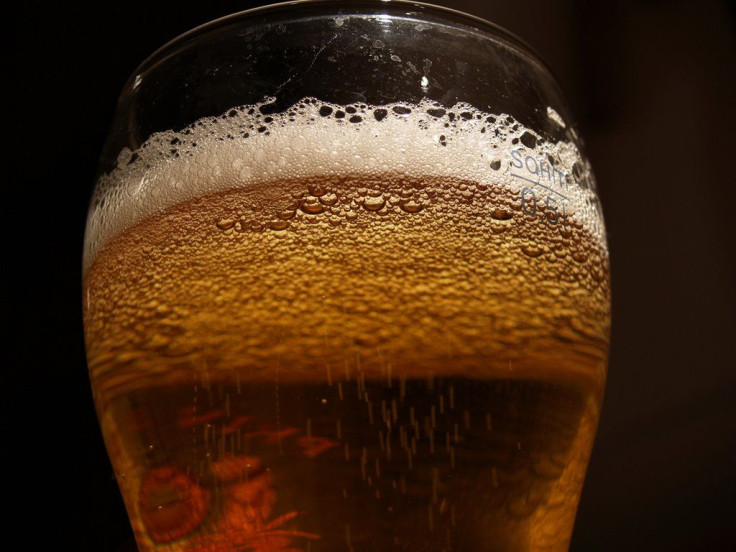Flavor of Beer Causes You To Drink More; May Provide Key to Understanding Inherited Alcoholism

Almost anyone who's had a beer knows how easy it is to have another - or three, or four. For many, stopping at one is a supreme exercise in willpower.
You may think that this is due to the intoxicating effect of the beverage, but scientists think it may be more than just a loosening of inhibitions that makes you imbibe.
In a study published today in Neuropsychopharmacology, a research team led by Dr. David Kareken of Indiana University School of Medicine found that the flavor of beer by itself may activate a region of the brain that causes you to want to drink more.
In the study, 49 men were studied as they drank beer and Gatorade. The beer was alcoholic, but the amount they were given was not enough to cause any feelings of drunkenness. The results showed that the flavor of beer induced the release of dopamine in the ventral striatum region of brain - an area known to be a short-term reward center of the brain.
In other words, it triggers your brain to want more of it, right away. It's the same mechanism that, when awry, causes drug-seeking behavior in addicts.
There may be an evolutionary explanation for the fact that our brains seem to inherently want booze.
"[Humans] were exposed to small doses of ethanol through eating ripe fruit that had fermented," said Dr. Peter Anderson, Professor of Substance Use, Policy and Practice, Newcastle University. "There may have been some evolutionary advantages for this, and this is why we have the biochemistry to metabolize ethanol."
Our brains may be trying to reward our bodies for finding ripe fruit, which, while slightly imbued with alcohol, also contains lots of vitamins and minerals.
While interesting, this isn't earth-shattering news. "We have known for some time from animal studies that events conditioned to drug taking come to increase dopamine," said Dr. Dai Stephens, Professor of Experimental Psychology, University of Sussex
What is perhaps more interesting is the fact that the increase in dopamine release was much, much higher in men who had first-degree relatives that were reported to be alcoholics. This could indicate that "an unusual ability of conditioned rewards to increase dopamine activity underlies the development of alcohol (and perhaps other drug) abuse," according to Stephens.
In other words, if alcoholism runs in the family, it may be the case that this brain mechanism also is an inherited trait.
Additional research still needs to be undertaken, but this may be a positive step in uncovering the biological processes that lead to a higher risk for abuse of alcohol and other drugs.



























